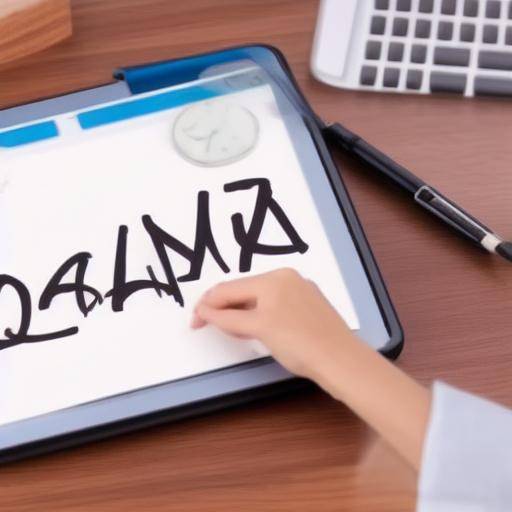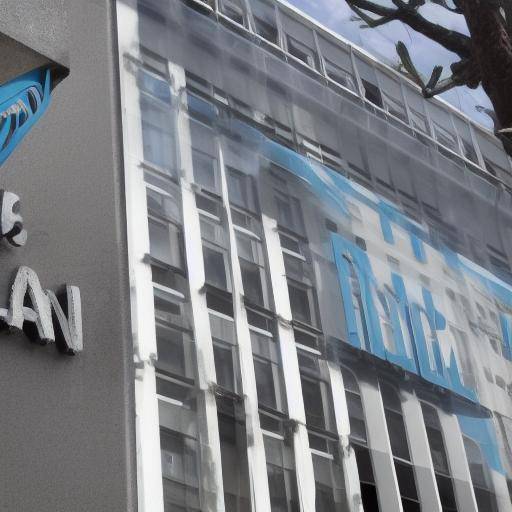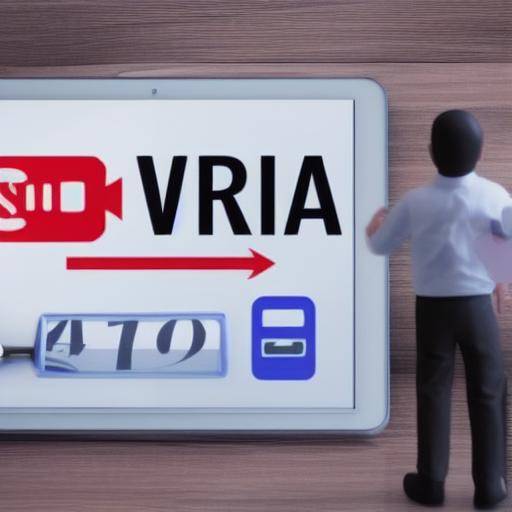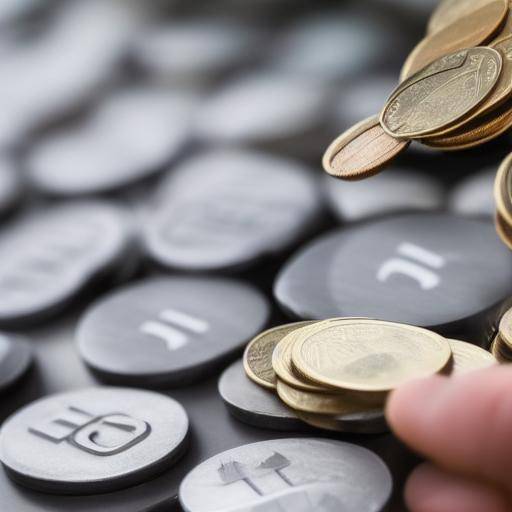
Introduction
Developing an effective personal budget is essential for a healthy and stable financial life. Learning to manage your personal finances will not only help you achieve short- and long-term goals, but also reduce financial stress and live quietly. In this article, I will provide you with a comprehensive guide on how to create and maintain an effective personal budget, as well as sound financial habits and sound financial planning. Regardless of your income, this information will be useful to optimize the management of your resources and achieve the economic stability you want.
Dive into the fascinating world of personal finance and discover how to effectively take control of your funds!
History and Background
The personal budget has been a vital practice since time immemorial. In ancient times, people carried a detailed record of their income and expenses to ensure survival and feel safe. Throughout history, various cultures and civilizations have developed personal budget systems adapted to their economic realities.
As modern societies evolved, the concept of personal budget was anchored as a fundamental tool for the effective management of personal finances. During the Industrial Revolution, the need for efficient management of income led to greater formalization of personal budgets. In the twentieth century, with the advent of technology, the creation of personal budgets was simplified with the emergence of innovative financial tools and applications.
The implementation of healthy financial habits and sound financial planning became a topic of widespread interest as more people sought to achieve financial stability and economic freedom.
Analysis in Deep
Benefits of Personal Budget
The personal budget offers a variety of significant benefits. By having a well structured budget, you can visualize and control your expenses, identify areas of improvement, and make informed financial decisions. In addition, it allows you to set realistic goals, increase your saving capacity, and be prepared for financial emergencies. A well-designed budget also promotes responsible financial habits and greater awareness of your long-term financial goals.
Personal Budget Challenges
Despite its many advantages, the development of an effective personal budget entails certain challenges. Procrastination and lack of discipline are common obstacles, and many people struggle to maintain consistency in monitoring their budget. Income and expenditure fluctuations can also present challenges for the creation of a realistic and sustainable budget over time.
Current trends
Current trends in personal budgets include a greater focus on financial automation, the integration of cutting-edge technology for fund management, and the growing influence of financial education in society. In addition, awareness of the importance of sustainability and social impact in financial decisions is gaining ground, changing the way people design and execute their budgets.
Comprehensive review
Practices and Best Practices
Applying an effective personal budget is critical to achieving financial stability. Some best practices include reviewing and adjusting the budget regularly, setting SMART targets (specific, measurable, achievable, relevant and time-limited), and assigning an emergency fund for financial contingency. It is also essential to prioritize savings and maintain a healthy balance between consumption and investment.
Opinions of Experts and Future Perspectives
Many experts agree that the creation of an effective personal budget is a crucial step towards financial freedom. With increasingly accessible technology, financial tools are expected to evolve to meet individual needs, providing more personalized and detailed support. In addition, financial education is expected to continue to play a key role in training future generations to manage their finances successfully.
Comparative analysis
Personal Budget vs. Financial Habits vs. Financial planning
Personal budget, financial habits and financial planning are interconnected components of effective financial management. While the personal budget focuses on controlling income and expenditure, financial habits cover day-to-day financial behaviour and decisions, and financial planning addresses long-term strategies to achieve specific financial goals. Although different, these concepts complement each other, creating a holistic approach to successful financial management.
Examples and Scenarios
Imagine an individual who establishes a monthly budget to control his expenses, incorporates financial habits such as regular monitoring of his investments and discretionary expenses, and develops a long-term financial plan to buy a home. These elements work together to improve the financial situation of the person and ensure their long-term objectives.
Tips and Suggested Actions
- Register Details: Keep a detailed record of your income and expenses to better understand your financial patterns.
- Prioritizes the Savings: Deploy a percentage of your income to a savings account in the first place, before attending to any other expense.
- Financial Automation: Use automation tools to program payments and savings.
- Regular review: Review your budget and adjust your expenses on a regular basis to keep it aligned with your financial goals.
- Financial education: Dedicates time to improve your financial knowledge by reading books, following financial experts and participating in relevant courses.
- Professional consultancy: If necessary, seek professional financial advice to guide your financial decisions.
Perceptions of Industry and Expert Reviews
According to financial industry experts, discipline and consistency are key to achieving success with an effective personal budget. Flexibility is also essential, as changes in personal circumstances may require budget adjustments. Financial advisors highlight the importance of clearly understanding your financial goals to develop a budget that is truly meaningful to you and that will drive you towards your goals.
Case Studies and Applications in Real Life
Case Study 1: Familia López
The Lopez family implemented a rigorous personal budget that allowed them to settle their debts, save for their children's university education, and eventually travel around the world during their retirement. Their disciplined approach to managing their finances gave them long-term benefits, providing financial security and the freedom to live the life they had always wanted.
Case Study 2: Successful Entrepreneur
A successful entrepreneur applied a rigorous personal budget since the beginning of his career. This approach allowed you to create an emergency fund, invest in your business and achieve financial stability while expanding your company. This case highlights how a solid personal budget can support business growth and personal prosperity.
Future Trends and Predictions
Technology and Customization
The integration of advanced technology, such as artificial intelligence and data analysis, is expected to transform the way people manage their personal budgets. Personalized financial solutions will provide more comprehensive support, adapting to individual needs and simplifying the budgeting process.
Continuous education
The importance of financial education will continue to increase, with educational programmes and accessible resources that will train people to manage their finances effectively. As awareness of the importance of adequate financial planning is generalized, more people are expected to adopt healthy financial practices and further follow up on their personal budgets.
Conclusion
Creating and maintaining an effective personal budget is an invaluable skill in seeking lasting financial stability. By understanding their importance and applying sound financial habits, you can take control of your finances and advance towards your personal and professional goals with confidence. Investing in solid financial planning will provide you with the peace and security you need to face the economic challenges successfully, allowing you to build a solid financial future for you and your loved ones.
Take the reins of your finances today and start your journey to a prosperous and balanced economic life!
FAQS
1. What is the importance of developing a personal budget?
The development of a personal budget is essential to understanding and controlling your finances, establishing realistic financial goals, and ensuring a sound basis for your long-term financial well-being.
2. How can I build an effective budget if my income is variable?
If your income varies, it is essential to identify your fixed expenses and establish a flexible system that allows you to adapt your budget to changes in your income. The creation of an emergency fund is also crucial in these circumstances.
3. What role do financial habits play in managing the personal budget?
Financial habits form the basis for an effective personal budget, as they influence your daily decisions related to your finances. Creating healthy financial habits is critical to maintaining coherence in the execution of your budget.
4. How can I know if my personal budget is working for me?
The success of a personal budget is reflected in your ability to meet your financial goals, maintain a savings reserve, and manage unexpected expenses without significantly altering your budget.
5. What is the relationship between long-term financial planning and the personal budget?
Long-term financial planning is based on effective management of the personal budget. A well-developed budget provides a solid basis for establishing long-term financial goals and making informed decisions on investment and savings.
6. How can I keep the motivation to follow my personal budget over time?
To maintain motivation, it is crucial to remember your long-term financial goals and celebrate the achievements as you progress. You can also look for the support of family or friends who share your financial goals to maintain motivation.
I hope that this complete guide on the development of an effective personal budget, solid financial habits and financial planning will give you the information you need to take control of your personal finances and achieve the economic stability you want!
















